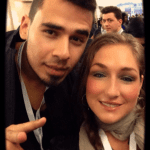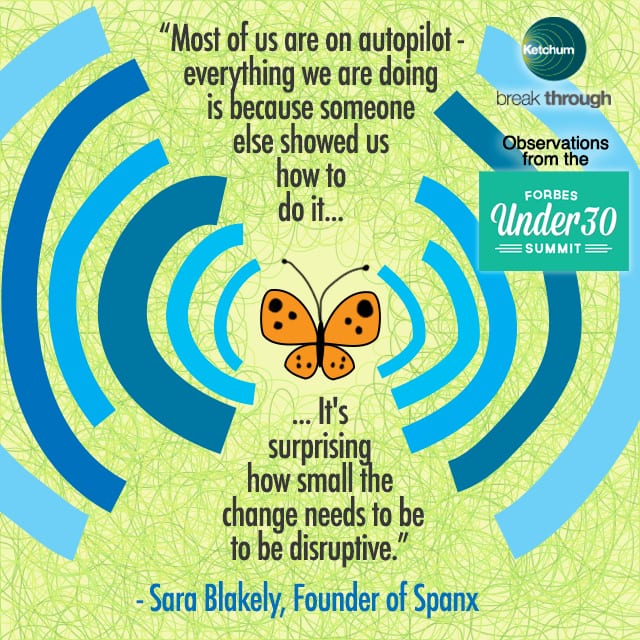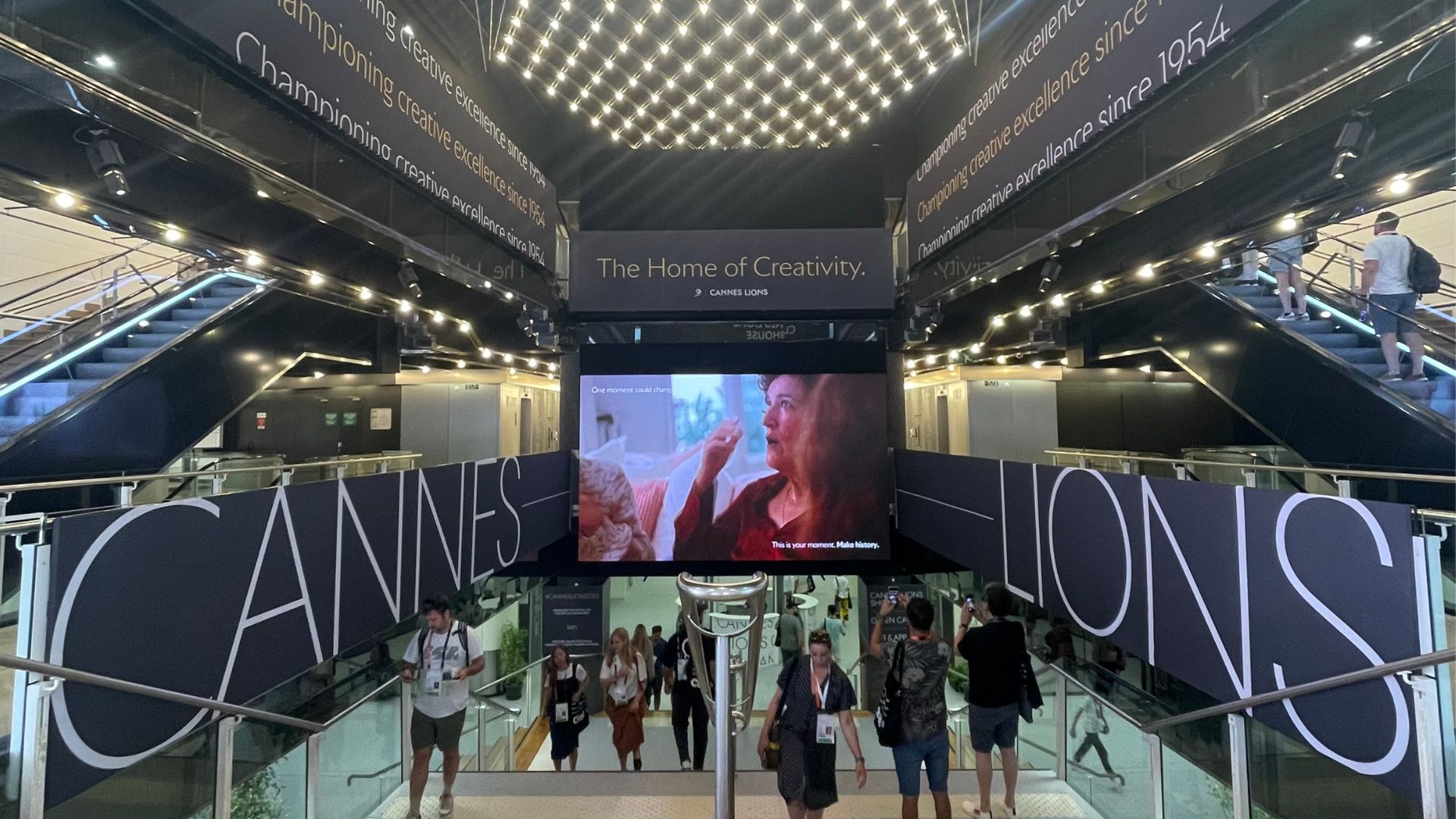
I was fortunate enough to have recently been invited by Forbes to attend their Under 30 Summit, an extension of Forbes’ annual 30 Under 30 List, which features 30 game-changing entrepreneurs under 30, in 15 fields, as judged by some of the greatest minds in each category.
The entire experience was enlightening, invigorating and humbling. The conference trended #2 on Twitter (just below Ebola) and one of my tweets hit over 100,000 impressions. I heard Monica Lewinsky speak for the first time on a public stage and 17-year old girl wonder, and recent Nobel Peace Prize recipient, Malala Yousafzai. I talked music with DJ Afrojack (pictured), the 27-year old music sensation, who coincidentally graced this week’s Forbes issue, and talked Tinder with Sean Rad, its founder.
But taking a step back – since most of my time at Ketchum is spent focusing on Millennials (18-34) and Gen Z (under 18) – I was most curious to see how much would surprise me after fully immersing myself in a younger crowd. Though I am 29, there are undeniable differences between older and younger millennials. I’m also a planner – it’s my job to be able to get inside the mindset no matter what the age – which gives me a different perspective. Well, after a Jane Goodall-esque week within a glamorous and exciting habitat, here’s where I netted out…
1. I finally feel old.
The fact that I was one of only a handful of people I spoke to who recognized Taylor Hanson (a Summit performer and childhood crush) truly scared me. I realized how much we rely on common cultural references to engage and maintain conversations. And though there were plenty of cultural references we did connect on (thanks to the speed and reach in which content is shared these days), my older-millennial nostalgia was totally lost on most attendees.
2. Digital life and real life are seamless and complementary
The in-conference Forbes app was on FIRE. Normally at conferences, the organizers hope attendees use it, and a small fraction do. But here, people were forgoing other platforms to connect with each other directly on this app – sharing experiences, inviting people to meet up to discuss issues and network – showing that the purpose of social sharing is indeed to connect with others. All of this crazy phone usage really is just to facilitate a better real life. It’s not to disconnect. That said, I was simply stunned by how fast younger attendees turned-around content – it was impressive to watch.
3. We all need to hang with young people more often
Truly, you can’t really understand them until you’ve actually spent some quality time in their company. So at every conference on marketing to millennials, I certainly hope the audience is at least ½ millennial. Simply spending one hour in their presence is more enlightening than any research report. Also, my new friends were like personal Reddit platforms. Ask them anything – they’ll answer. Politely, too.
4. They are problem solvers
We’ve said this about millennials for a while, but there’s no room for irrelevance – and no patience for it either. Every brilliant young entrepreneur had created a product, or focused on solving a very specific and acute issue – whether it was an app to solve medication adherence or an iPhone case to help prevent sexual assault. Sure, like every generation, there are some folks that are less motivated and others that are truly inspired. And clearly, I happened to be hanging with the latter. But the difference with this age set is that the more motivated group has better tools at their disposal (thank you technology!) to fix issues on a scale that can reach more people, faster.
As part of my (and Ketchum’s) social contribution to the Forbes Summit, we created a few fun real-time visuals to illustrate some of my favorite speaker sound bites throughout the conference. You can find one of our favorites below.
If you like to learn more about my work with Millennials, please don’t hesitate to email me or follow me on twitter @SarahJaneFab and reach out!



